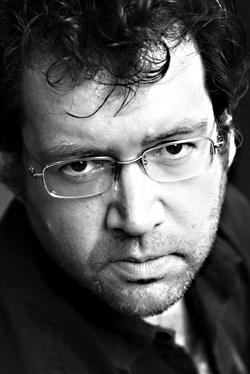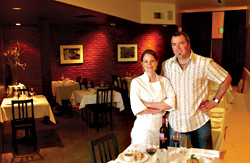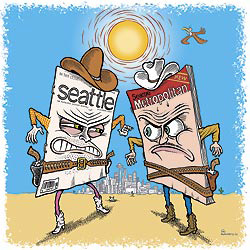This is, bar none, the best thing I’ve ever read about disordered eating and body image. British journalist William Leith’s food-addiction odyssey is a kaleidoscopic view of a topic that’s both complex and simple. Despite all the factors—cultural, metabolic, psychological, emotional—surrounding the struggle to eat less, the problem ultimately comes down to how much you put in your mouth.
Years is first and foremost the story of how Leith progressed from what he calls “the fattest day of my life” (6 feet tall, 236 pounds, 36-inch waist) to a state of relative sanity, health, and romantic fulfillment. Yet the book isn’t just a male answer to Bridget Jones; it also takes a long, hard look at the theories of the late Dr. Robert Atkins—yep, that Atkins. In addition to interviewing the diet doctor, Leith talks to Fat Acceptance activists, movie stars, addiction memoirists James Frey and Elizabeth Wurtzel, and even French philosopher Jean Baudrillard. The author deftly blends journalistic inquiry and self-deprecation, and he candidly describes firsthand what it feels like to binge. Later he adds: “Every binge is like the one before,” and that sameness is what makes compulsive overeating such a maddening demon to fight. The normal mind learns from its mistakes; the addict keeps making the same mistake again and again and again.
Leith isn’t afraid to court controversy, as when he interviews an overweight friend who’s also a compulsive overeater. When the friend admits to having quit Atkins, Leith says: “Is it because, you know, deep down you sort of actually want to be, you know. . . . ” What he means: Does some part of you want to be overweight? It sounds like an insulting question, but it’s a vital one, because addiction is a false friend, an apparent escape from the burden of reality that is, in fact, a terrible burden in itself. Leith doesn’t merely critique modern culture, as many have done, for celebrating thinness and stigmatizing its opposite. He also implicates the food industry, the scientific establishment, and, yes, the individual. Leith himself is compelling enough as a protagonist, and skilled enough as a writer, that Years should appeal to a wide readership. But if you’ve grappled with overeating, or have simply had lifelong trouble seeing your body in a positive light, Leith’s insights and conclusions could make him your strongest ally.








